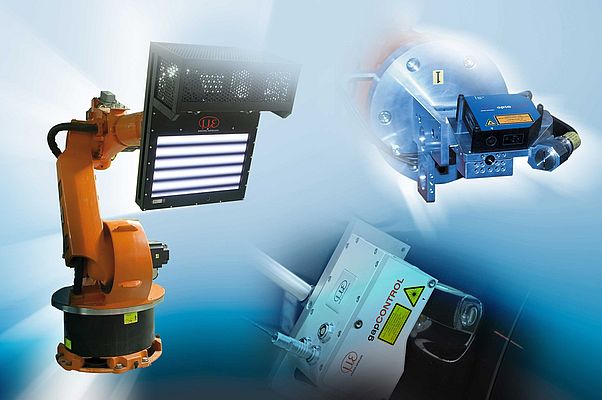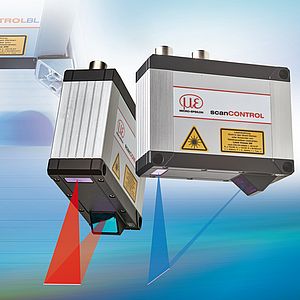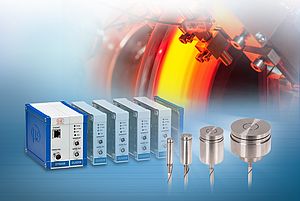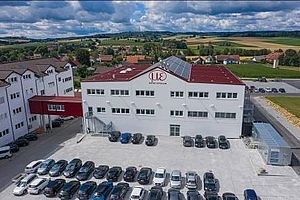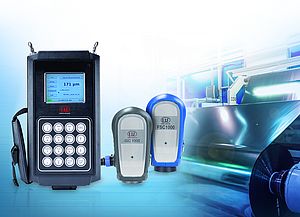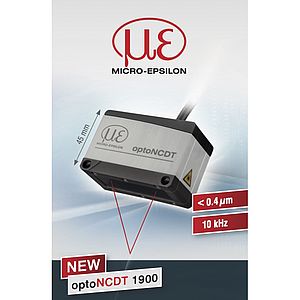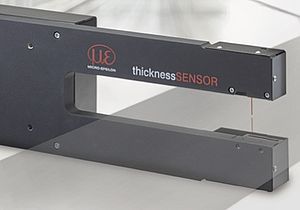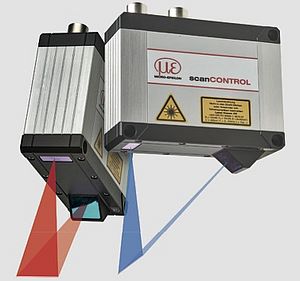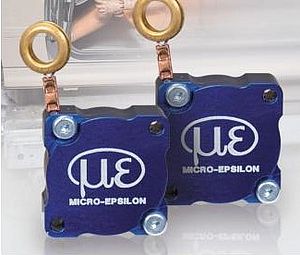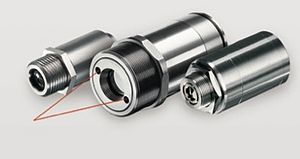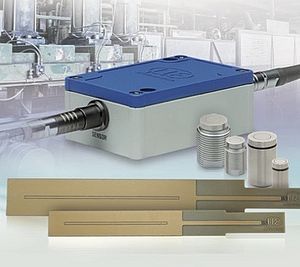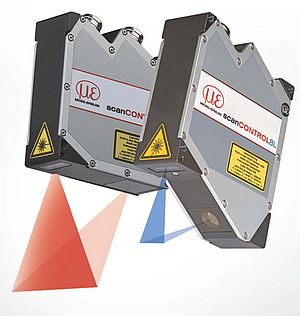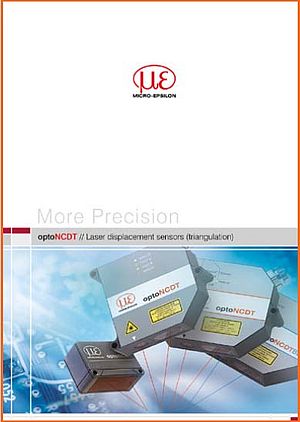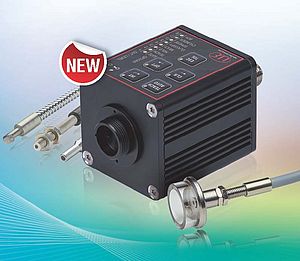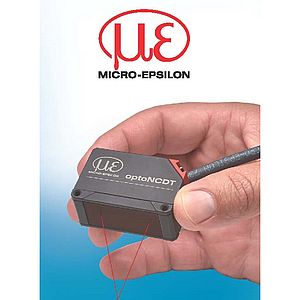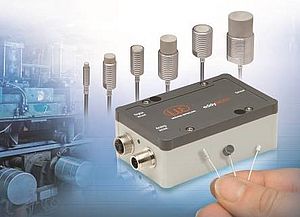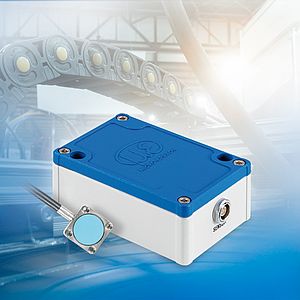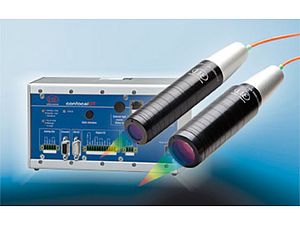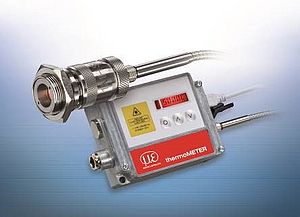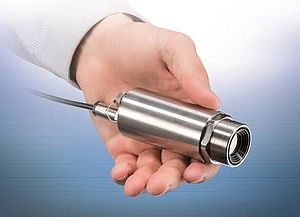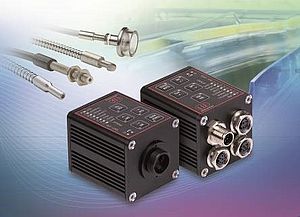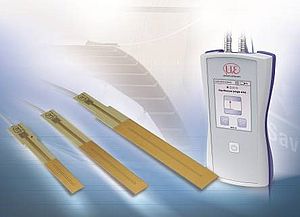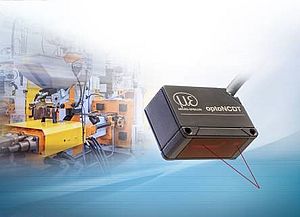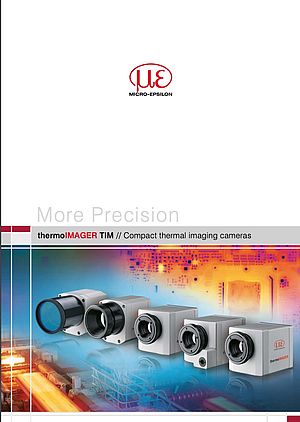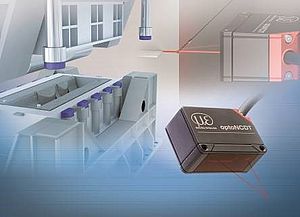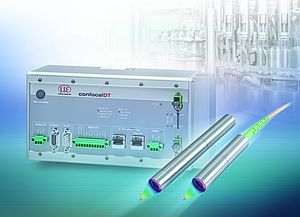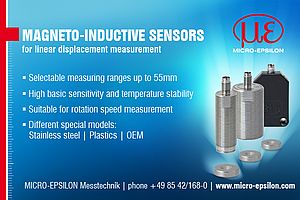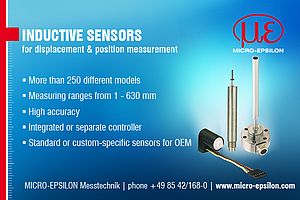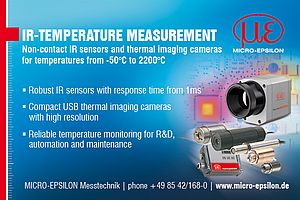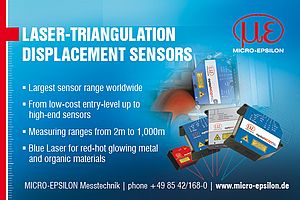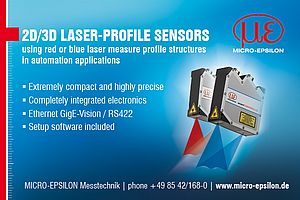Micro-Epsilon offers a number of methods for robot measurement tasks. In particular, these are used for wide area, high-precision measurements and where there are increased flexibility requirements. Non-contact sensor data guides the tools or devices attached to the robot arms. For example, a laser sensor can be used for dynamic distance measurements when applying adhesive beads to car roof rails or windscreens. Laser triangulation sensors are the right choice for such tasks. The sensors are very small with integrated electronics. Measuring ranges are from 2mm to 1,000mm with fast measuring cycles of up to 50kHz that widen the scope of applications. For more complex measurement tasks, the gapCONTROL sensor can be installed on a robot arm for measuring various types of gap. Here, gap measurement data is used to guide the robot along the car or for controlling welding robots. For detecting paintwork defects on entire car bodies, the reflectCONTROL system can be integrated to the robot. Using deflectometry, the surface is examined to micrometer accuracy. A robot continuously adjusts the position of the system to help complete measurements within a very short time frame. An increasing number of sensors are being integrated with robots because these systems can complete many tasks independently and travelling distances are expected to be found dynamically, as the use of specified travel ranges is set to decrease over time


